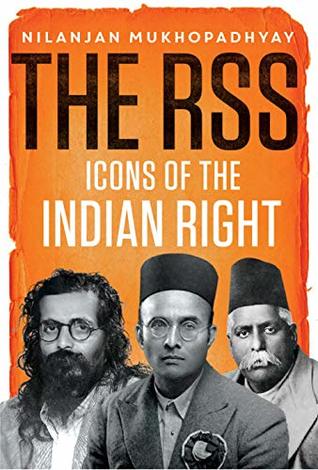As stated previously, Nagpur had a past history of sectarian violence—there were disputes between Hindus and Muslims in 1903–04, also a decade later in 1914 when the Muslims had protested against music being played during religious processions of Hindus, particularly when they crossed a mosque. The issue resurfaced in 1923 when K.B. Hedgewar declared that he would take ‘a leading part in asserting that in Nagpur they would not go in for any kind of peace pact as was being done elsewhere but would assert the right of the Hindus by bringing out the processions with music ahead even before the
As stated previously, Nagpur had a past history of sectarian violence—there were disputes between Hindus and Muslims in 1903–04, also a decade later in 1914 when the Muslims had protested against music being played during religious processions of Hindus, particularly when they crossed a mosque. The issue resurfaced in 1923 when K.B. Hedgewar declared that he would take ‘a leading part in asserting that in Nagpur they would not go in for any kind of peace pact as was being done elsewhere but would assert the right of the Hindus by bringing out the processions with music ahead even before the mosque.’23 For him the right to play music was not a trivial matter, but a manifestation of ‘Hindu strength’. When the local administration had clamped an embargo on playing music, Dr Hedgewar had convinced local Hindu leaders to postpone the immersion of Ganesh idols that year. But a month later, when a group of Hindus had contravened the administration’s order and organised a procession through the same route and were stopped by the police, several members of the community had joined in the march. In the annals of the RSS, this agitation is called the Dindi Satyagraha, referring to a group, or dindi, singing devotional songs. According to a report published in an Urdu newspaper, the processions would deliberately slow down while crossing mosques to, ‘give them a full opportunity to play the music with the utmost noise.’24 The Dindi Satyagraha was the handiwork of none other than Dr Mo...
...more
This highlight has been truncated due to consecutive passage length restrictions.


